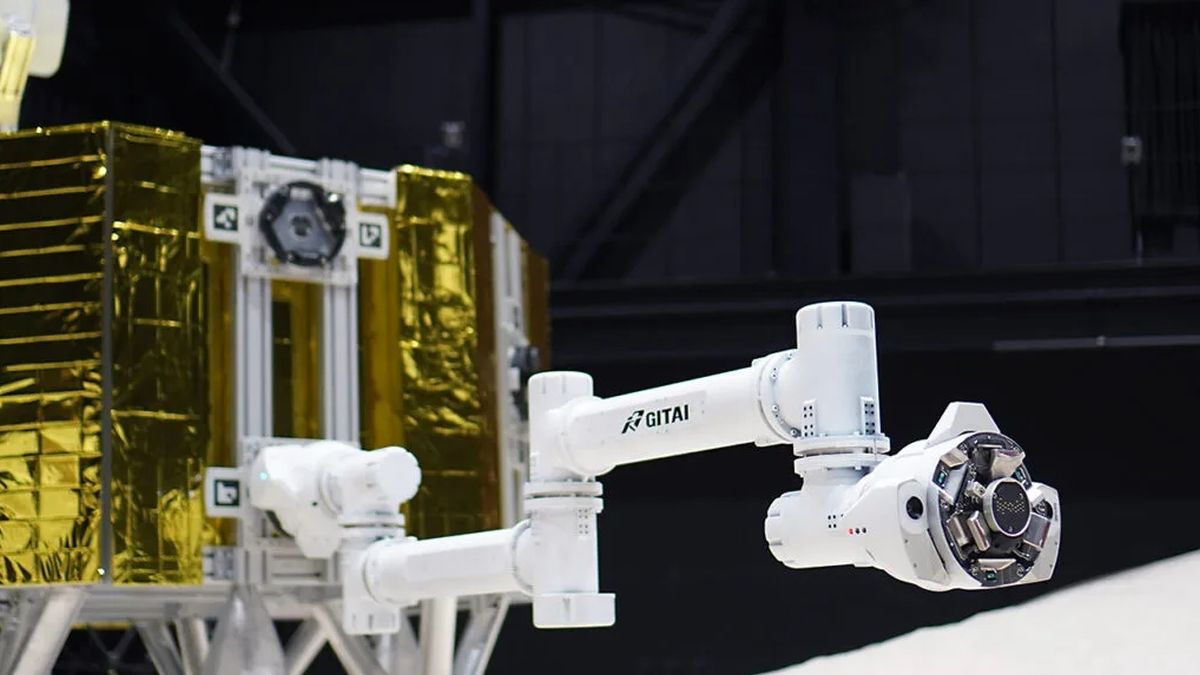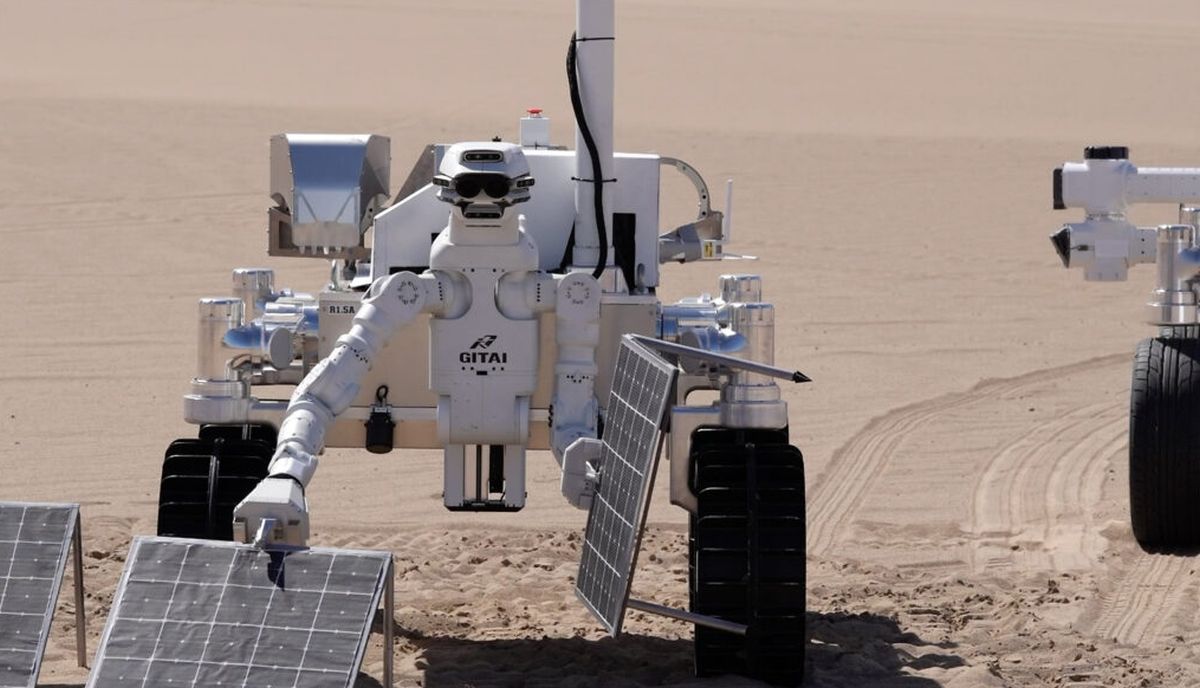Gitai raises $30 million to lead space robotics industry

The Japanese firm Gitai is growing in the US as it works to develop a robot workforce that will lower the costs and dangers associated with conducting business in space. Gitai just closed a new round of funding and raised a total amount of $30 million to expand its work.
The remotely controlled robots are being developed more quickly thanks to a fundraising round that Tokyo-based Gitai recently closed for 4 billion ($30 million). According to the company CEO Sho Nakanose, Gitai will use the funds to hire more employees in the US, where it is expanding to find engineers and get its robots ready for spaceflight.
Gitai is a Japanese company that focuses on lowering the labor workforce in space. According to Bloomberg, "Gitai Chief Executive Officer Sho Nakanose is focused on labor costs. He believes it’s too risky and impractical for humans to assemble and inspect machinery in space, while equipment now used is far too expensive." Robots, according to the company and the CEO Nakanose, might be employed for a variety of tasks in space, including assembly, inspection, and routine maintenance. In order to achieve this, the business created a robotic rover and arm for use in space.
“The bottleneck of the space industry has been changing rapidly. Huge space companies such as SpaceX and BlueOrigin are solving the space transportation problem, and now the bottleneck has changed from transportation costs to operational costs," Nakanose said in an interview with Bloomberg on Monday. He thinks that the Japanese space market is limited, and that is why they have decided to open a new base in Los Angeles. “We decided to expand our business in the US," he said.
Bloomberg reported that the investors of Gitai that joined the fundraising include affiliates of Global Brain Corp., Mitsubishi UFJ Financial Group Inc., and Yamato Holdings Co.

Space investments on the rise
Apart from the Gitai, the startup Vast recently announced its plans to put the first commercial space station into orbit by August 2025. Vast has collaborated with SpaceX to accomplish this goal, and with their Dragon crew capsule, SpaceX will not only enable the launch but also deliver the first astronauts to the space station.
Both the general public and space enthusiasts will be interested in this ground-breaking advancement in artificial gravity space station technology.
Advertisement

















